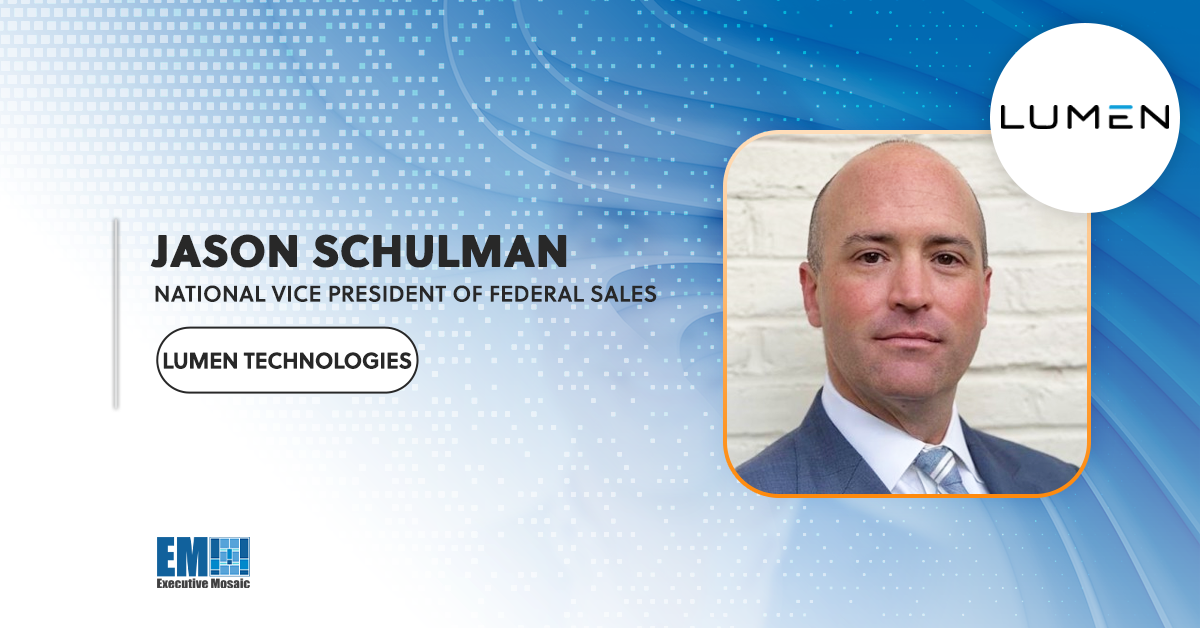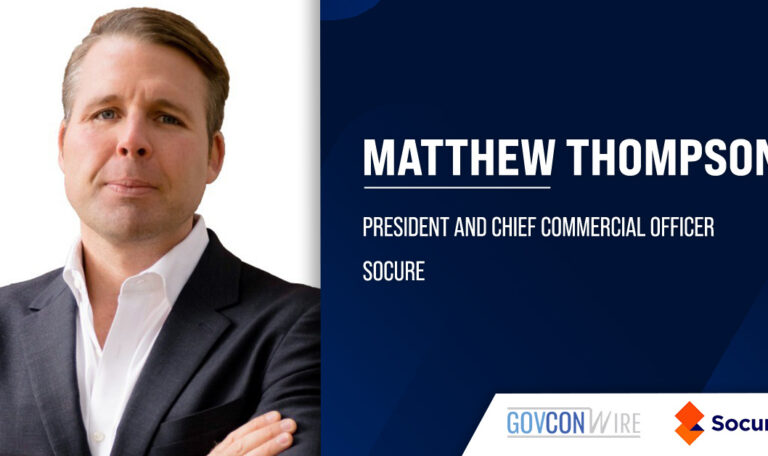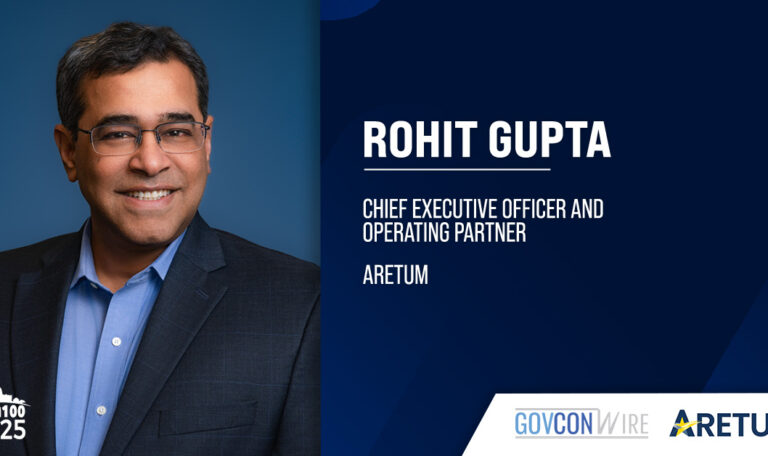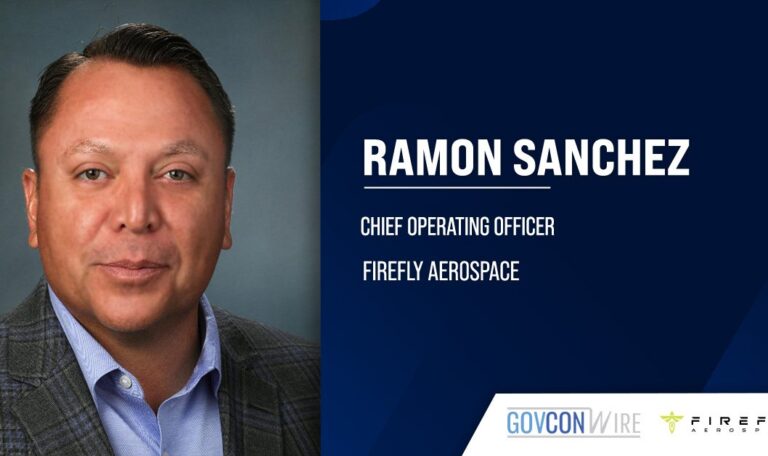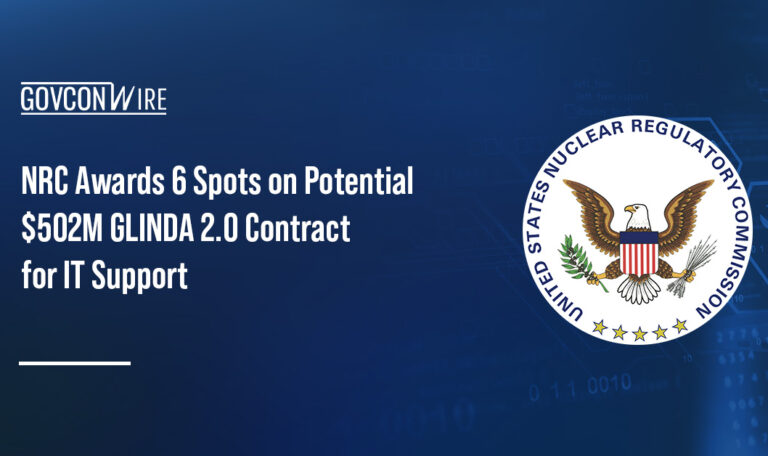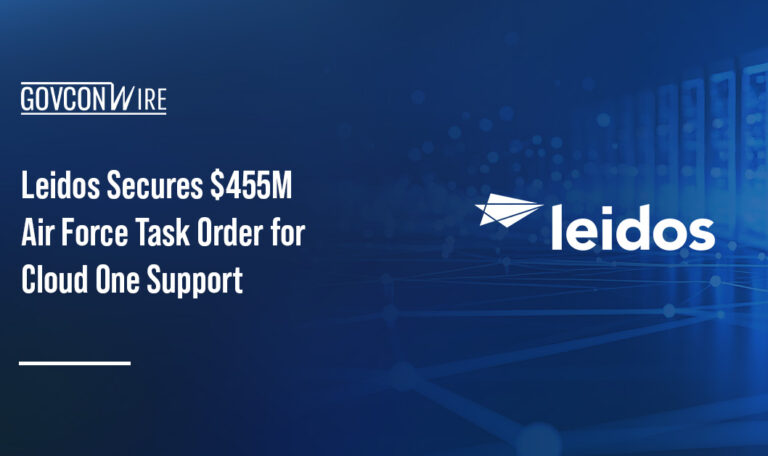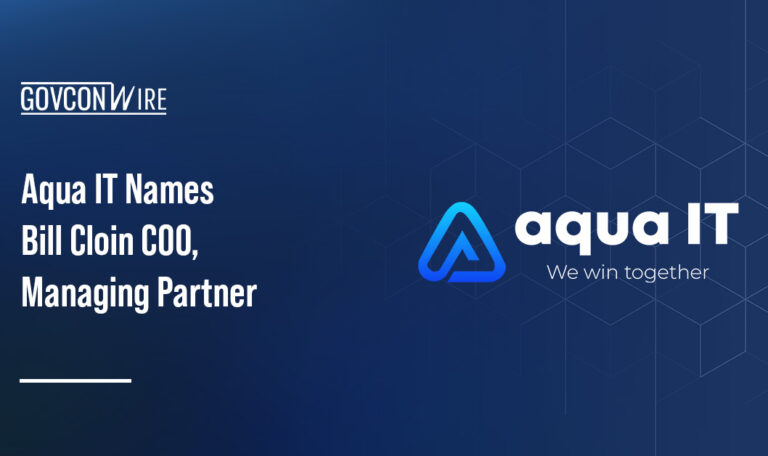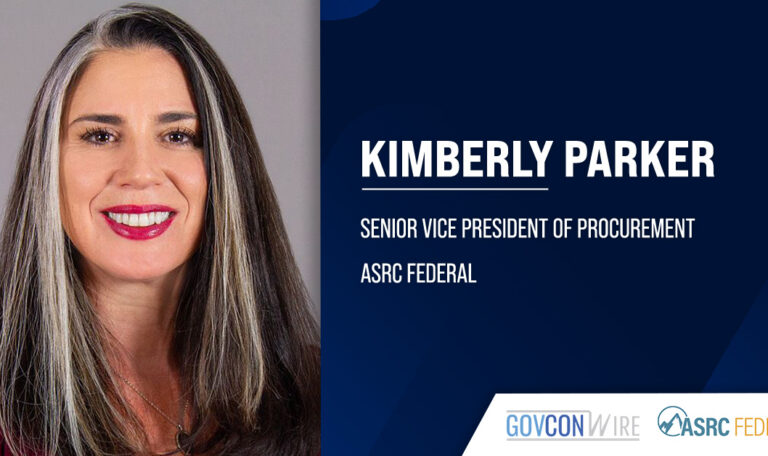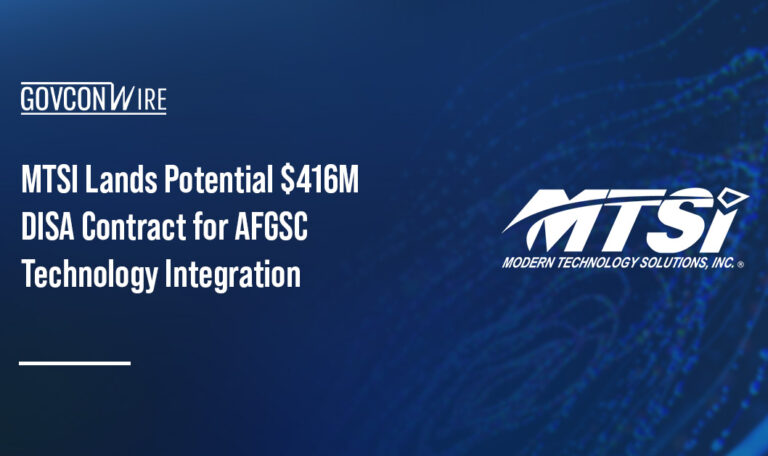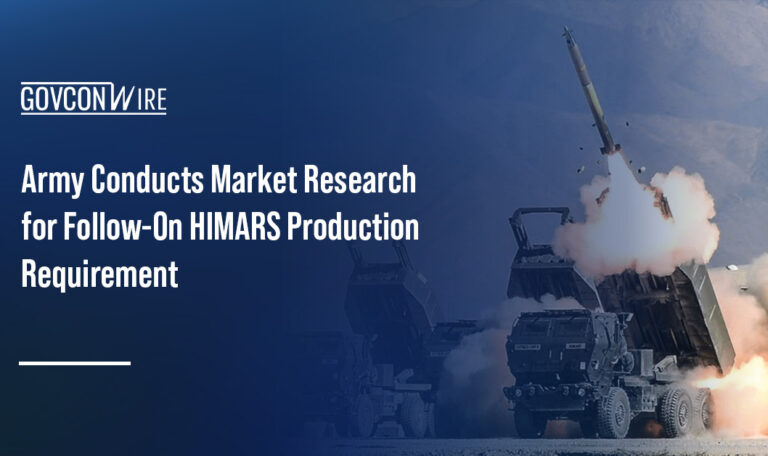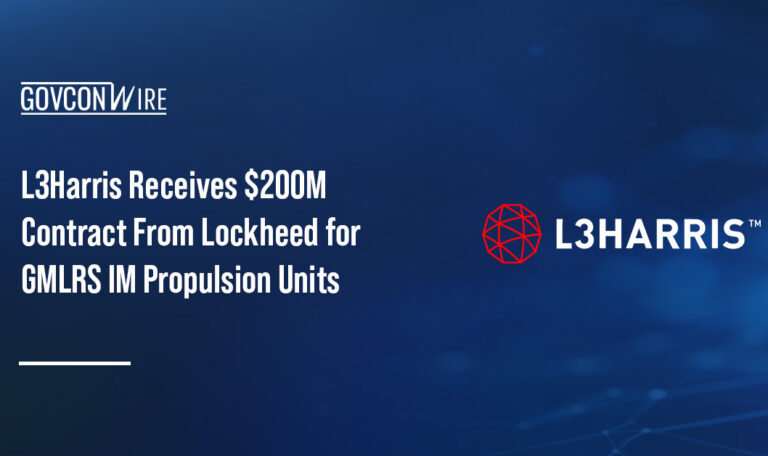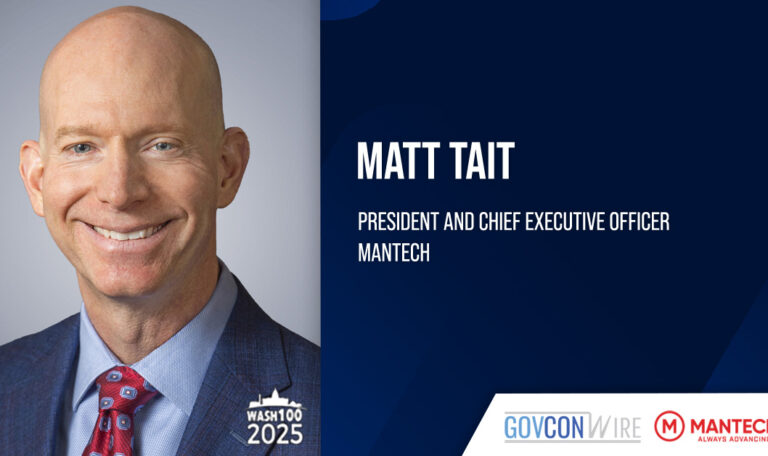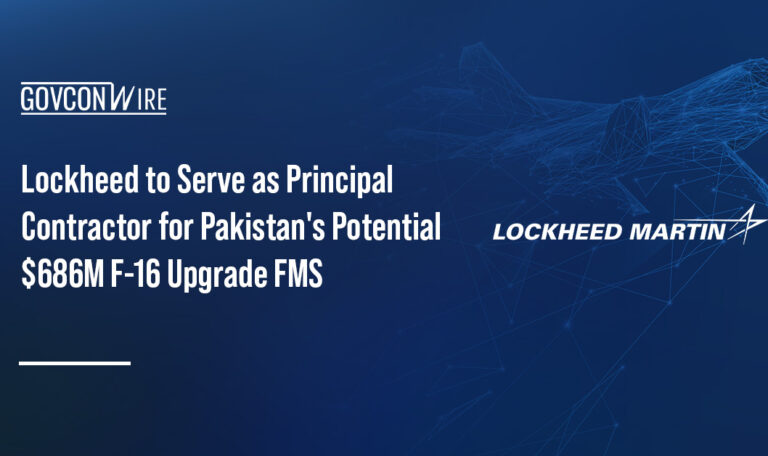The first chapters of Jason Schulman’s career were in commercial sales, until he had a revelation prompted by a “spiritual awakening” at a Neil Young concert, that he needed to say “yes” to more opportunities. Afterward, he decided to pursue an opportunity in his employer’s public sector organization supporting the federal government. This was in early 2014 and ever since, Schulman has been leading highly motivated teams delivering results that help federal agencies achieve their missions more effectively and efficiently.
His experience in the government technology space started at CenturyLink, where he ascended the ranks through several capture and proposal management, business analysis and sales roles. Schulman arrived at his current home, Lumen Technologies, in 2020 and following a stint leading the company’s civilian and law enforcement practice, he was named national vice president of federal sales earlier this year.
In this Spotlight interview, the newly promoted exec spoke with GovCon Wire about the values that inform Lumen’s business model and how the company is uniquely partnering with government agencies to address their network, IT and cybersecurity challenges, among other topics.
Tell me about your company’s culture. What aspects of the company do you think are contributing most to its success while helping to attract and retain top-level talent?
For Lumen, culture is absolutely the foundation of everything that we do. It’s one of the reasons why I think employees, and even potential employees, will want to work for Lumen. We believe that a diverse, inclusive, winning culture is the only truly sustainable competitive advantage. We have put a lot into it.
There are three words, when we think about culture, that are at the heart of it. They are our operating principles of teamwork, trust and transparency. Teamwork at Lumen is about subordinating your personal aspirations for the greater company mission and showing up every day for each other. It’s a selfless behavior. We’re focused on getting it right versus being right.
Trust is also paramount. It’s defined by knowing that we have each other’s backs. Everyone has their own trust equation, but at its heart, it’s about supporting each other and our teammates’ backs.
And finally, transparency is our third operating principle. We really encourage a culture that thrives on not being afraid to point out where we need help and being open about it. Vulnerability is okay. In fact, if you flip it, it takes strength to ask for help and be transparent about it.
Lumen employs thousands of individuals globally and one of our strengths is the diversity of those people. We’re committed to always fostering an inclusive culture and we love working with Lumen humans who have a mix of viewpoints, talent, experiences, and backgrounds. The emphasis on diversity is a big element of our winning culture.
What are your company’s core values? How do you think these values translate into continued success and growth in the GovCon market?
Underpinning our aforementioned culture are our core beliefs. These include clarity, courage and customer obsession. We are big believers in a growth mindset and what that entails. Our North Star represents our strategic focus that guides Lumen as we digitally transform our business. And that North Star, which we talk about frequently both externally and internally, outlines our core values and priorities that the entire company is aligned to support.
Some of our North Star core priorities are around developing customer obsession, innovating and investing for growth, as well as building a reliable execution engine and radically simplifying our company.
By radically simplifying, I mean our company is creating the space to innovate. We’re really focused on investing for growth versus investing by taking up a lot of calories, both from a human resource perspective and a financial perspective. You have to be bold and actually create a stop list, which identifies things we were doing that aren’t adding value. Our company has matured through decades of mergers and acquisitions activities and we have processes and tools that are associated with that legacy or are no longer relevant. Thus, we’re creating a stop list to open up space for growth and innovation, which effectively radically simplifies the company.
Several of our core priorities, especially investing in the tremendous growth of remote and hybrid work environments and in reliably executing on IT modernization plans, absolutely resonate with our public sector customers. Government agencies are experiencing the same challenges as the private sector. When we talk about our North Star, it’s amazing how quickly government agencies get it, align to it and then we are able to get into deeper prioritization conversations.
Our deep understanding and firsthand knowledge of how to digitally transform an organization will, at the end of the day, help us grow and take market share in the government market. We’re being seen as a top IT provider to agencies as a result of it.
Can you talk about how cybersecurity has impacted or changed the national security paradigm? What new trends or shifts are you seeing at the intersection of cybersecurity and national security, and how are those trends influencing the public sector today?
Cybersecurity threats are obviously a top national concern, for both the private and public sectors. They have both been hit with cyberattacks in a really big way. To combat these threats, we at Lumen believe it’s about minimizing the impact of the breach, about containing it, and having visibility across the whole enterprise. Cyber criminals are planning for growth just like companies are.
I think it’s important for us to recognize that the bad guys are continually looking for opportunities to exploit vulnerabilities. In our world, those could be applications, they could be application programming interfaces, or they could be networks. And the sophistication of the attacks are absolutely growing. We’re seeing increases in ransomware attacks and distributed denial-of-service attacks, as well as critical infrastructure attacks. The bad actors are evolving. Within the DDoS attacks specifically, they’re using multi-vector attacks, which are new and can cause significantly more damage.
Multi-vector attacks require multiple countermeasures to mitigate them since they are very complex, and that makes them really difficult to prevent. But as a network provider, we see more cyberthreats, which means we can stop more cyberthreats before they hit our customer’s network. We see more, so we can stop more; that’s how we think of it.
Cybersecurity protections are definitely becoming increasingly important, along with agencies’ needs to manage security services. That’s the other important part to us. Government agencies are trying to keep up, but I think they are starting to struggle with in-house security operations due to several reasons. Most importantly, the availability of talent and the cost associated with it. When you think about a security operations center or a SOC, if you can make it a service and shift the capital expenditure involved in establishing a SOC into a single monthly operating expense, that’s really attractive to the government right now.
Agencies serious about their security posture are realizing that there’s a high cost involved and that it’s really hard to find those experts to install and set up a SOC and begin working to monitor for threats. They’re looking at folks like Lumen, who have experience mixing cutting-edge threat technologies and intelligence. We have seasoned cybersecurity analysts who are a core piece of our operations, as well as state-of-the-art cybersecurity monitoring and response solutions. We can do this both on-premises and in the cloud and we can immediately enhance the government’s security once it’s been implemented. At the end of the day, that’s why we launched our SOC-as-a-service product for federal agencies. And it’s resonating.
The White House has given government agencies until 2024 to establish and implement a zero trust plan. What are some of the key barriers that agencies will be dealing with as they come up with these plans, and what’s your take on the path forward?
The good news is that federal civilian agencies and organizations across the whole federal space are seeing funding for zero trust networking and IT modernization in their fiscal year 2024 budgets. This should really help support their efforts because up until that point, funding had sometimes been a barrier. But recently, we’ve started to see more and more come that way. Agencies have been building plans. They’ve been assessing their IT environments and they’re looking at their capability gaps. Lumen has been on that journey with several key customers of ours.
A big challenge for both public and private organizations is discovering where all their data resides and who has access to it. I think that’s the fundamental challenge. The first step in any zero trust journey for everyone is to clean up your identity infrastructure. It’s critical. We know government agencies are managing people’s access. They’re managing their identities and in many areas, they’re doing it between on-prem and cloud. We also know that agencies need a single source of truth for identity verification from a single platform. Those two things are critical. If they have legacy systems, they’re going to present significant challenges to do that.
Together with our partners, we’re ready to help agencies with their identity challenges. We’ve also seen a big change that requires a long-term strategy and supports work from anywhere. Many government workers are not fully returning to the office. So TIC 3.0, or the Trusted Internet Connection program, can drastically decrease the latency that they’re experiencing on the network while enhancing their experience. And like I mentioned earlier, it leverages identity-based security and access controls.
It has all of the zero trust elements intertwined. Zero trust has become oft-referenced to the point that its meaning is decreasing a little bit. Unfortunately, there’s no magic pill or solution that’s going to solve or create zero trust; they just don’t exist. But what we can say is this: we own our network, we own a digital platform and we understand how to pull together and integrate all of the elements with partners. Zero trust is really an architecture more than anything else, one meant to form a cohesive operational posture and picture. We at Lumen are here to partner with federal agencies on their zero trust journey, because it is absolutely a journey or lifestyle. There is no ‘easy button,’ other than contacting us to help.


